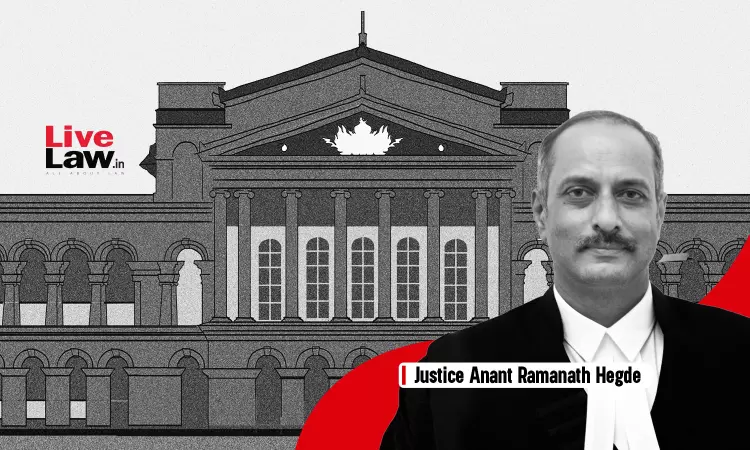The Karnataka High Court has held that Karnataka Scheduled Castes and Scheduled Tribes and Other Backward Classes (Reservation of Appointments, etc.) Act, 1990, does not take away the jurisdiction of the High Court to decide an election dispute questioning the caste of a returned candidate to the Legislative Assembly.Justice Anant Ramanath Hegde dismissed the application made under Order VII...

